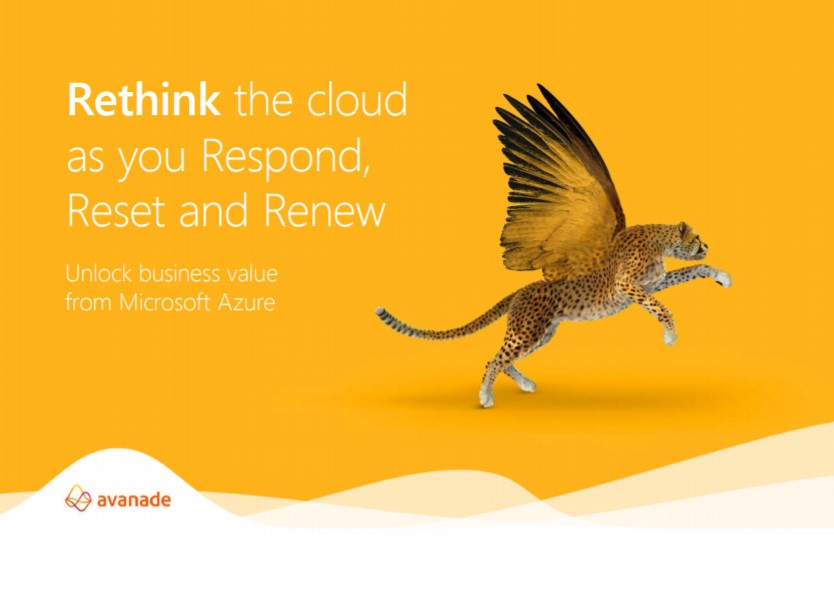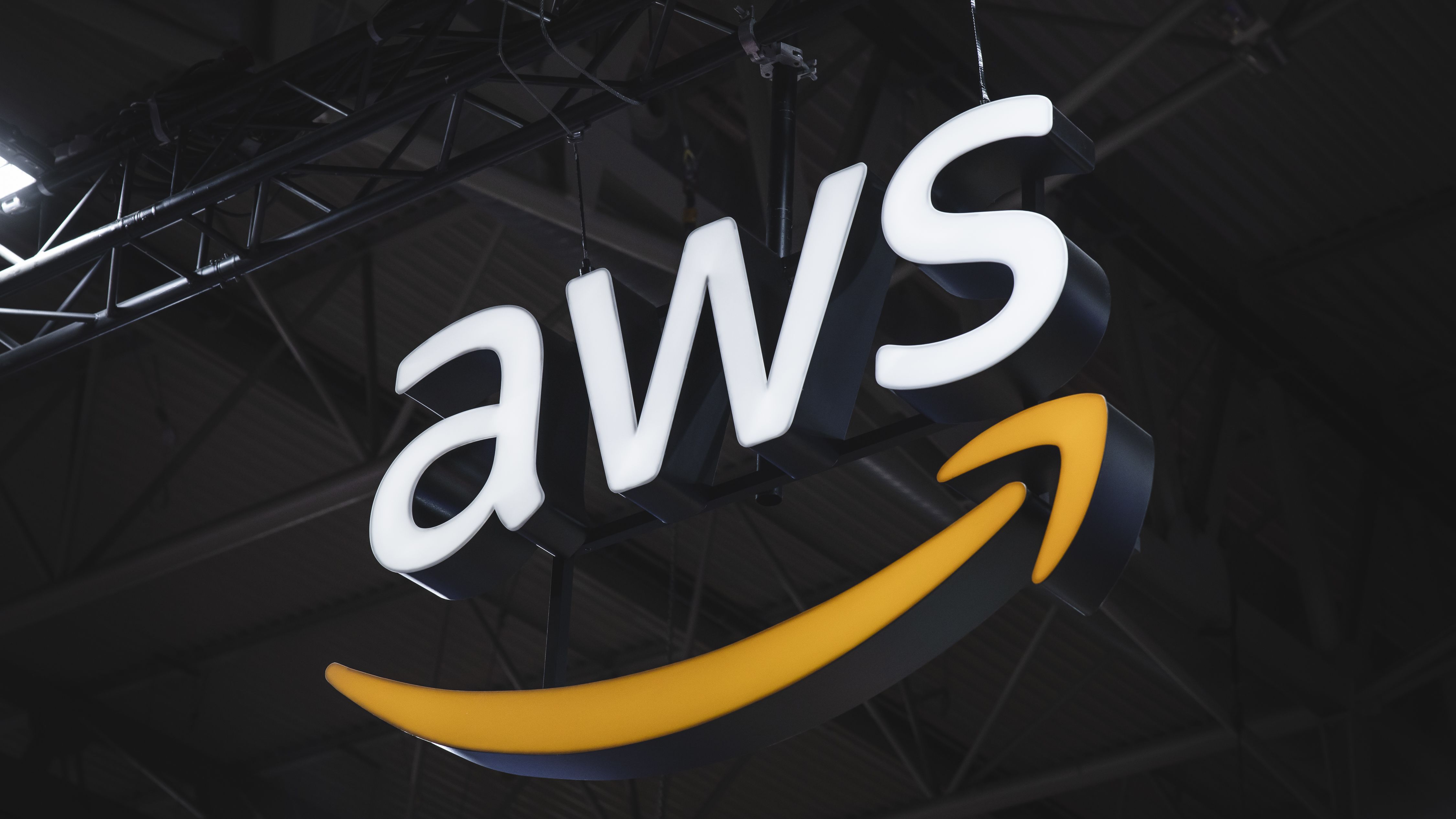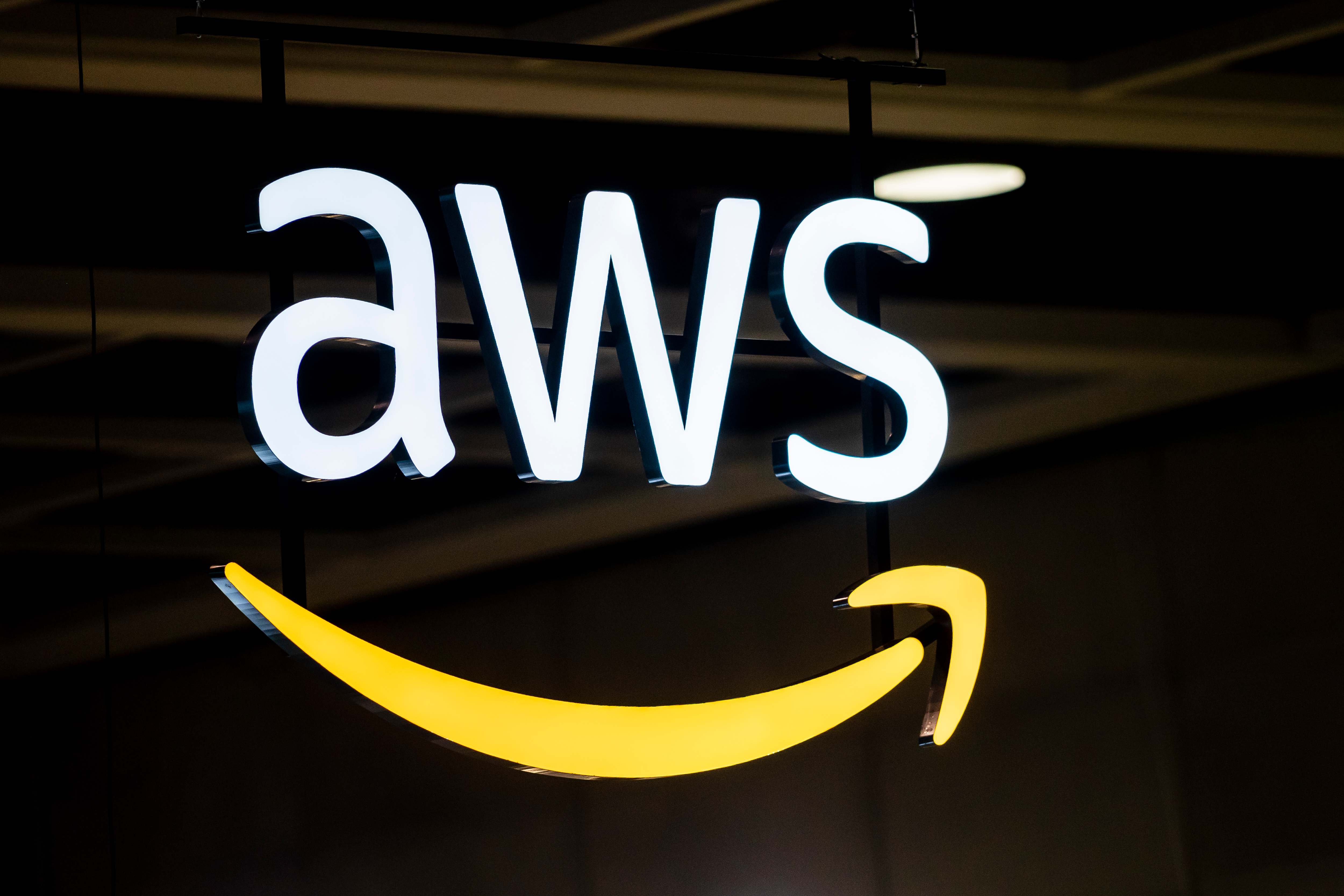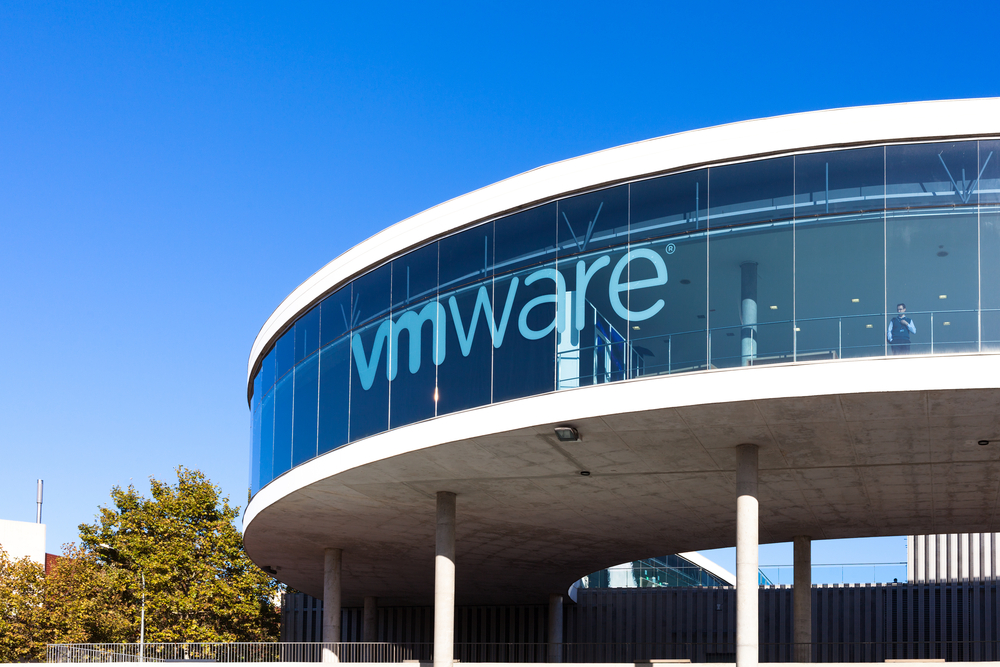AWS launches Amazon Braket quantum cloud service
The cloud service will give users the capacity to run simulations on quantum computers built by D-Wave, IonQ and Rigetti


Amazon Web Services (AWS) has made its Amazon Braket cloud-based quantum computing service generally available to all customers following a successful trial launch.
Quantum computing power provided by industry leaders including D-Wave, IonQ and Rigetti can be accessed through AWS, with customers able to experiment with quantum algorithms and advanced simulations.
Amazon Braket was first unveiled in December 2019 as the first of three new quantum computing services, with Braket giving scientists, researchers and developers the tools to experiment with quantum computers in a single environment.
Alongside Amazon Braket were the AWS Center for Quantum Computing, which brings together expertise from Amazon and academic institutions to collaborate on research, as well as Amazon Quantum Solutions Lab. This final stream is a programme that connects customers with quantum computing experts and consultants to identify practical uses for the technology.
“Last year I told you about Amazon Braket and explained the basics of quantum computing, starting from qubits and progressing to quantum circuits,” said chief evangelist for AWS, Jeff Barr. “During the preview, AWS customers such as Enel, Fidelity (Exploring Quantum Computing with Amazon Web Services), and Volkswagen have been using Amazon Braket to explore and gain experience with quantum computing.”
“I am happy to announce that Amazon Braket is now generally available and that you can now make use of both the classically-powered circuit simulator and quantum computers from D-Wave, IonQ, and Rigetti.”
Users can access Amazon Braket through a notebook-style user interface (UI), where they can create notebook instances to run processes using quantum hardware. Pricing will be based per-task, with an additional per-shot charge specific to the type of quantum hardware that users take advantage of. Use of the simulator also incurs an hourly charge, billed by the second, with a 15 second minimum.
Get the ITPro daily newsletter
Sign up today and you will receive a free copy of our Future Focus 2025 report - the leading guidance on AI, cybersecurity and other IT challenges as per 700+ senior executives
RELATED RESOURCE

Rethink the cloud as you respond, reset and renew
Unlock business value from Microsoft Azure
Quantum computing, heralded as a major technological breakthrough, is still in its early stages of development and therefore hasn’t yet delivered on its immense promise. The term for when quantum computing overtakes classical computing in terms of power is known as ‘quantum supremacy’, which Google claimed to have achieved earlier in the year.
The significant potential is anchored in the way it relies on qubits to make calculations. These are quantum bits that exist as neither 1 or 0 as in classical computing, but a ‘quantum superposition of 1 and 0’, existing in both states simultaneously. While two bits tied together take the form of 00,01, 10 or 11, two qubits exist in all four states simultaneously.
Tying several hundreds, thousands, or even tens of thousands of qubits together could therefore offer the potential to perform calculations at lightning speeds, where it may previously have taken a long time.
One of the challenges in reaping the benefits of quantum computing is making it accessible to companies and developers, which is where services like Amazon Braket and IBM Quantum Cloud come in.

Keumars Afifi-Sabet is a writer and editor that specialises in public sector, cyber security, and cloud computing. He first joined ITPro as a staff writer in April 2018 and eventually became its Features Editor. Although a regular contributor to other tech sites in the past, these days you will find Keumars on LiveScience, where he runs its Technology section.
-
 Should AI PCs be part of your next hardware refresh?
Should AI PCs be part of your next hardware refresh?AI PCs are fast becoming a business staple and a surefire way to future-proof your business
By Bobby Hellard
-
 Westcon-Comstor and Vectra AI launch brace of new channel initiatives
Westcon-Comstor and Vectra AI launch brace of new channel initiativesNews Westcon-Comstor and Vectra AI have announced the launch of two new channel growth initiatives focused on the managed security service provider (MSSP) space and AWS Marketplace.
By Daniel Todd
-
 AWS layoffs: Why Amazon is cutting staff from its most profitable division
AWS layoffs: Why Amazon is cutting staff from its most profitable divisionNews AWS layoffs follow a period of slowing growth and decreasing market share for the cloud division
By Ross Kelly
-
 AWS invests $6 billion in Malaysia cloud expansion as SEA competition heats up
AWS invests $6 billion in Malaysia cloud expansion as SEA competition heats upNews While AWS continues expanding its footprint in Southeast Asia, Chinese competitors are edging into this expanding market
By Ross Kelly
-
 Hyperscaler earnings 'highlight new era of maturity' in global cloud market
Hyperscaler earnings 'highlight new era of maturity' in global cloud marketNews Sluggish earnings for Azure, Google Cloud, and AWS could point to a more moderate cloud market in the year ahead
By Ross Kelly
-
 AWS splashes $35 billion to expand data centres in Virginia
AWS splashes $35 billion to expand data centres in VirginiaNews The massive figure is close to the total sum AWS has previously invested in the state since 2006
By Zach Marzouk
-
 AWS launches Australia's first local zone for low-latency workloads and data residency
AWS launches Australia's first local zone for low-latency workloads and data residencyNews The company is aiming to help customers who need infrastructure closer to their data sources or end-users
By Zach Marzouk
-
 AWS follows Google in opening a cloud region in Thailand
AWS follows Google in opening a cloud region in ThailandNews The region is one of 24 other global regions announced by the company
By Zach Marzouk
-
 NetApp teams up with VMware to help businesses migrate enterprise workloads
NetApp teams up with VMware to help businesses migrate enterprise workloadsNews Amazon FSx for NetApp ONTAP is the first native AWS cloud storage to be certified as a supplemental datastore for VMware cloud on AWS
By Daniel Todd
-
 AWS announces new region in United Arab Emirates
AWS announces new region in United Arab EmiratesNews The country is already home to AWS’ Middle East (Bahrain) region, launched in 2019
By Praharsha Anand